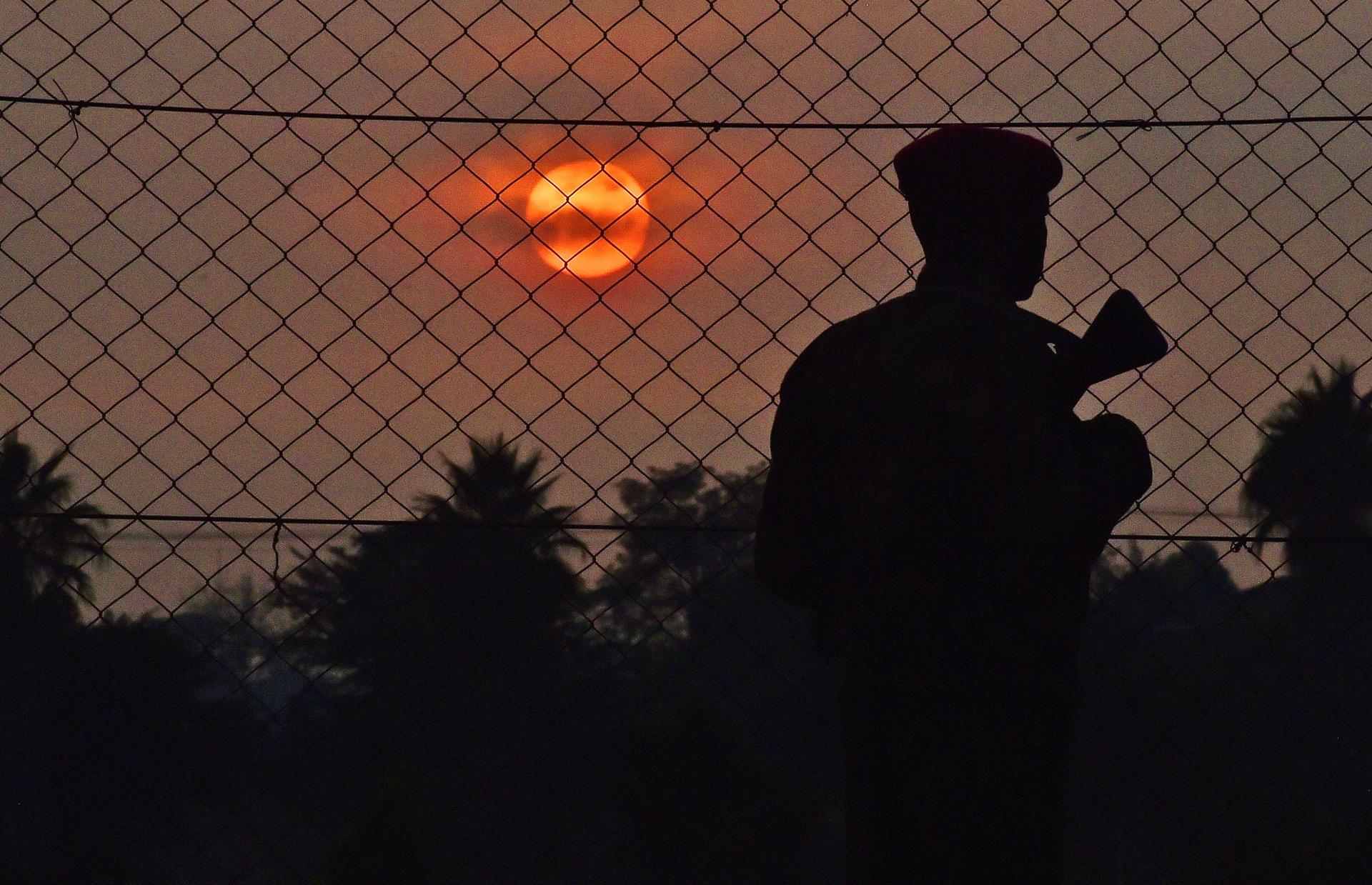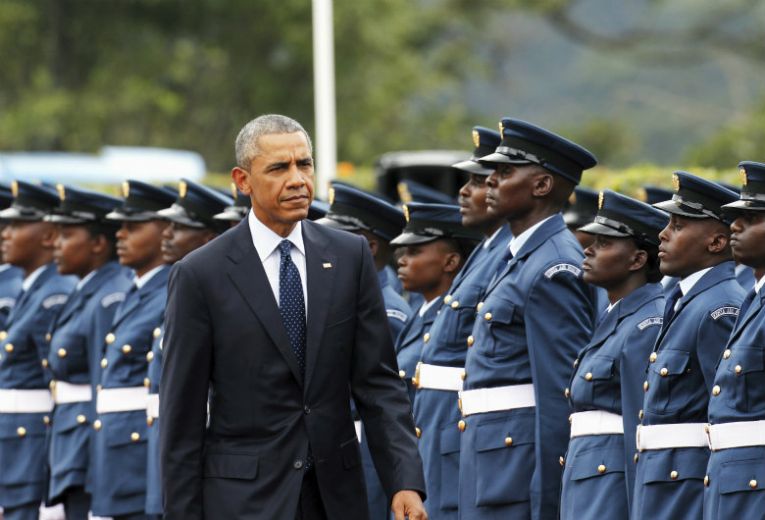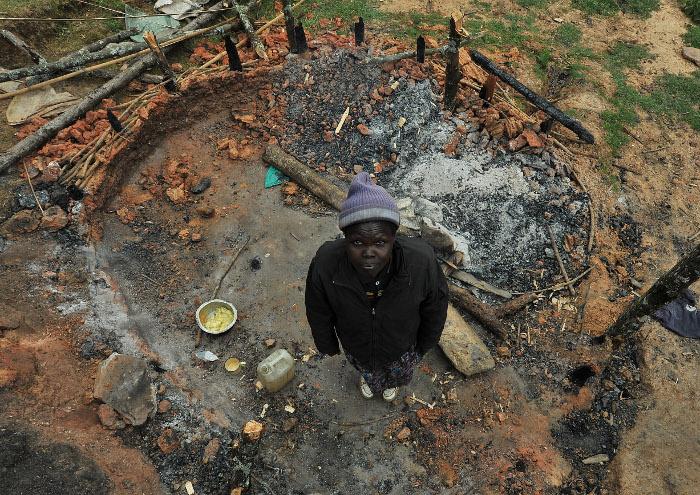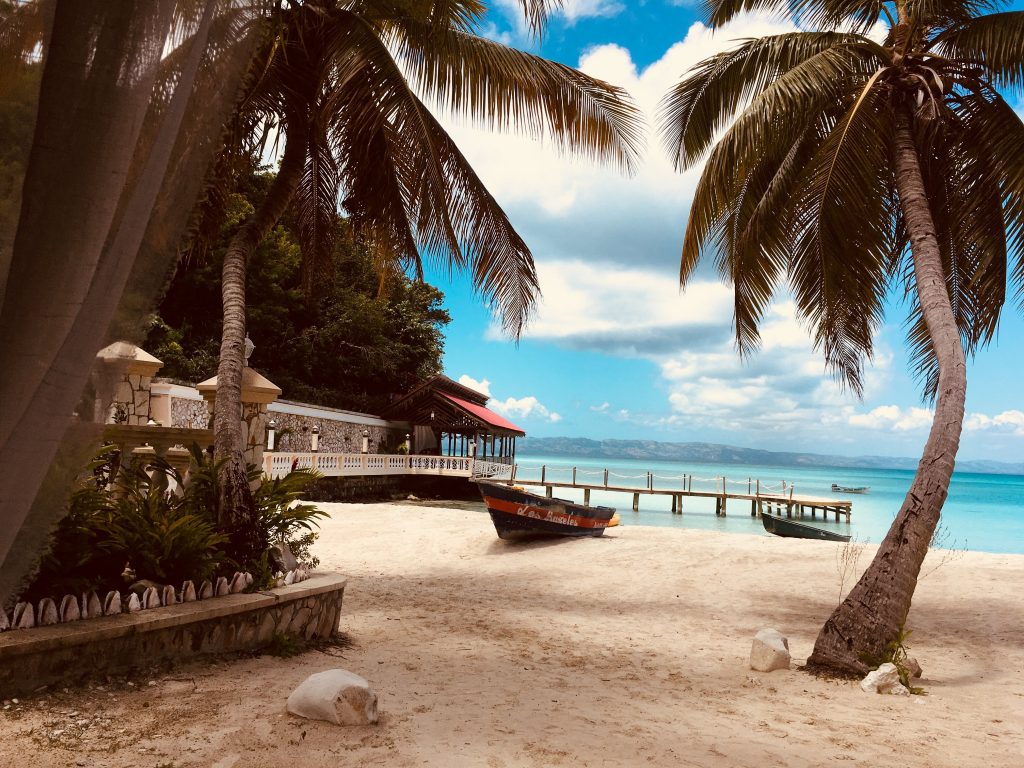 NAIROBI, Kenya — Kenyan police have fueled the fires of Islamic extremism and may actually be undermining the country’s security in an overzealous attempt to protect it, according to human rights activists and advocates for police reform.
NAIROBI, Kenya — Kenyan police have fueled the fires of Islamic extremism and may actually be undermining the country’s security in an overzealous attempt to protect it, according to human rights activists and advocates for police reform.
Widespread allegations of police corruption, brutality and arbitrary arrests that target Kenya’s Muslim minority population appeared to inform President Obama’s comments in a joint press conference with Kenyan President Uhuru Kenyatta on Saturday, part of Obama’s first trip to his father’s homeland since becoming president of the United States.
“What we have found through hard experience — I have shared this with President Kenyatta — is that if you paint any particular community with too broad a brush, if in reaction to terrorism you are restricting legitimate organizations, reducing the scope of peaceful organization, then there can have the inadvertent effect of actually increasing the pool of recruits for terrorism and resentment in communities that feel marginalized,” Obama said.
Read the full GroundTruth story at PRI’s The World.













